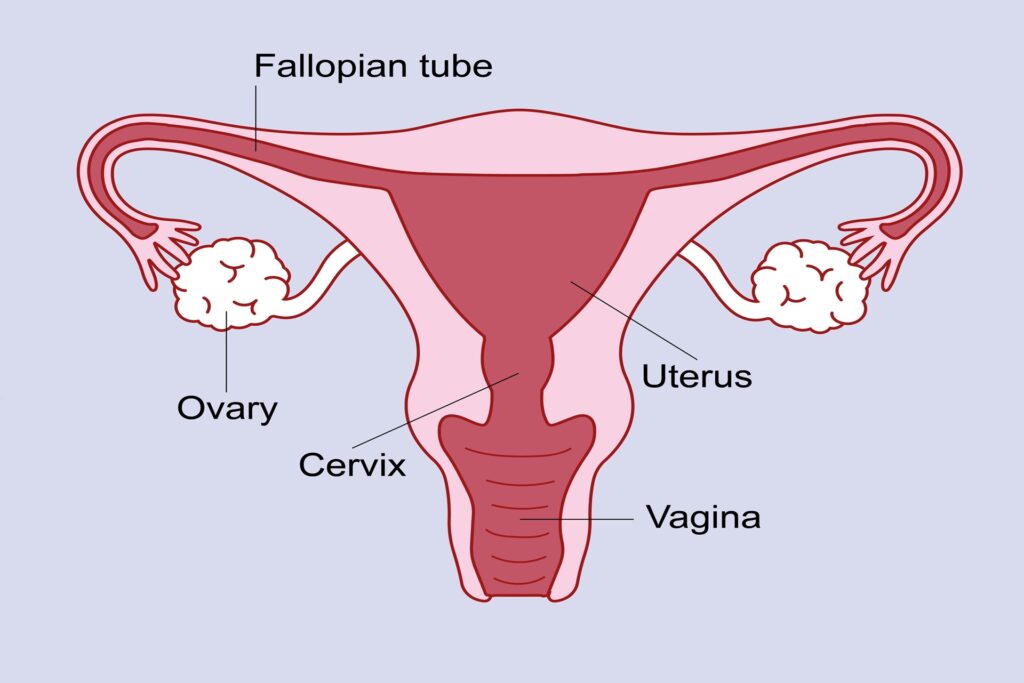
Overview:
A hysterectomy is the surgical removal of the uterus, performed to treat various gynecological conditions such as fibroids, endometriosis, uterine prolapse, chronic pelvic pain, or cancer. This procedure permanently ends menstruation and the ability to conceive, making it a major decision for women facing severe or unmanageable reproductive health issues.
Causes:
Hysterectomy may be recommended for conditions like large fibroids causing pain or bleeding, endometriosis that doesn’t respond to other treatments, chronic pelvic inflammatory disease, uterine prolapse, or gynecological cancers such as cervical, uterine, or ovarian cancer. The type of hysterectomy (partial, total, or radical) depends on the condition and severity.
Symptoms:
Symptoms leading to a hysterectomy decision may include chronic pelvic pain, heavy or irregular bleeding, painful menstruation, or symptoms of prolapse such as urinary incontinence. In cancer cases, additional symptoms like unexplained weight loss, unusual vaginal bleeding, or abdominal discomfort may prompt the procedure.
Treatment:
Hysterectomy can be performed via several methods: abdominal, vaginal, or laparoscopic surgery, depending on the patient’s health and the condition being treated. Post-surgery, pain management and a gradual return to physical activities are essential. Hormone replacement therapy (HRT) may be recommended for women who undergo hysterectomy before menopause, especially if the ovaries are also removed.
Precautions:
Women should discuss all alternatives and the potential impact of hysterectomy with their healthcare provider, including risks and lifestyle changes. Postoperative care involves avoiding heavy lifting, resting adequately, and following medical advice to prevent complications. Regular follow-ups are crucial to monitor recovery.
Prevention:
While hysterectomy addresses specific conditions, preventive steps for related gynecological issues include regular gynecological check-ups, maintaining a healthy lifestyle, and managing hormonal balance. Early treatment of reproductive conditions, like fibroids or infections, can help avoid the need for surgery in some cases.
For expert hysterectomy care, visit KDM Hospital in Lucknow. The hospital offers comprehensive gynecological services, including minimally invasive and open surgical options, tailored to each patient’s needs. With budget-friendly options, Ayushman card acceptance, ambulance services, and 24/7 doctor availability, KDM Hospital provides quality care for women’s reproductive health.
